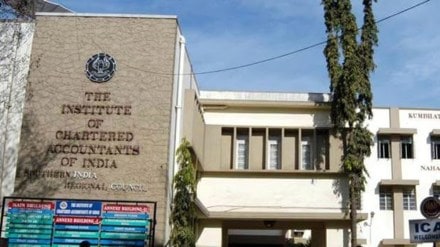With the preparation for the Union Budget 2026-27 under way, the Institute of Chartered Accountants of India (ICAI) has given a set of suggestions to the government that includes decriminalisation of certain prosecution provisions, removal of dual penalty for the same default, and introduction of year-wise e-ledger system for crediting TDS/TCS and advance tax payments. It also recommended mandatory return filing by individuals owning more than specified acres of agricultural land.
In a note, the ICAI has outlined its recommendations into areas like reducing compliance burden, improving tax collections, mitigating litigation and rationalisation of the provisions of the income tax law. On the issue of income tax law, the self-regulatory body said that there’s a need for clarification on the applicable rate of surcharge for calculation of Maximum Marginal Rate (MMR).
In addition, the institute has suggested that tax neutral status be extended to business reorganisation in limited liability partnerships (LLPs), and TDS on partners remuneration be rationalised.
“Through our pre-budget suggestions, we aim to support a tax ecosystem that promotes ease of doing business, drives sustainable growth and strengthens India’s journey towards a resilient and green economy,” said Charanjot Singh Nanda, president of ICAI.
The suggestions have also talked about the exclusion of F&O trading and speculation business from the scope of presumptive income. The F&O traders are mandated to get their accounts audited if the turnover exceeds Rs 10 crore in a year. But they can opt for presumptive income under Section 44AD of the Income Tax Act if their turnover is below Rs 3 crore with a minimum net income of 6%.
Further, ICAI has asked for the introduction of optional joint taxation for married couples besides prescribing a time limit for the acceptance or rejection of application for advance ruling.
Recently, the institute released the updated publication of the Income Tax Act, 2025, which constitutes a comprehensive overhaul of India’s direct tax law.
